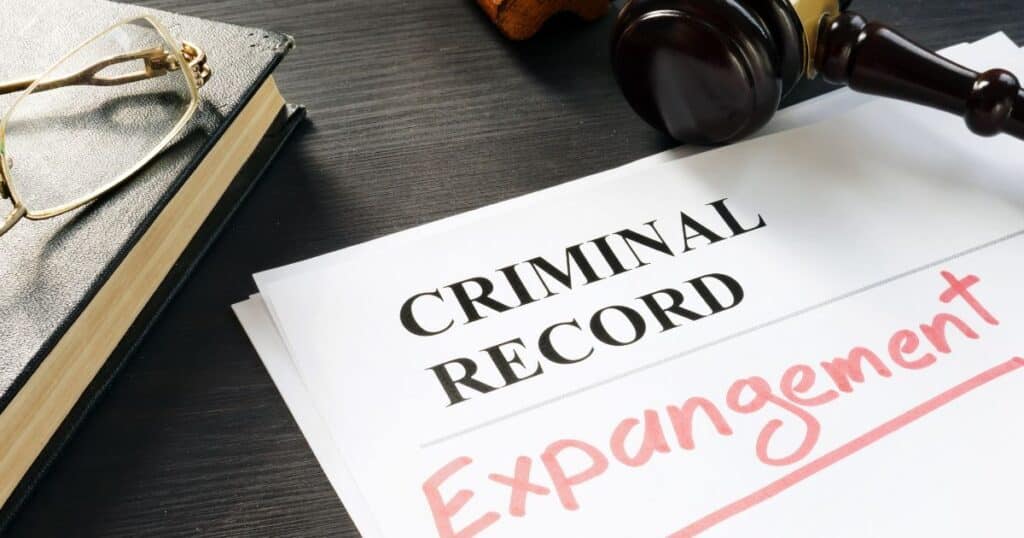In January 2023, Rhode Island Supreme Court Chief Justice Paul A. Suttell provided an executive order directing judges to begin reviewing and expunging eligible marijuana possession convictions. An estimated 30,000 Rhode Islanders are expected to have their criminal records cleared under the process – representing 23,000 cannabis possession charges being expunged from their criminal records.
The initiative is a significant step forward in advancing justice and reducing barriers for those previously convicted of low-level marijuana offenses in the state. It also demonstrates that local and state governments can work together effectively to achieve this critical goal efficiently and on time.
This development reflects a growing nationwide trend of states taking action to provide relief for individuals with prior cannabis convictions as more states recognize the need for reform in this area. It also serves as a reminder that we must continue to push for progress on nationwide cannabis-related reforms.
The Impact on People in Rhode Island: How Many are Affected and Who Qualifies?
The executive order issued by Supreme Court Chief Justice Paul A. Suttell is expected to benefit an estimated 30,000 Rhode Islanders who have prior cannabis-related convictions. The process will allow for expunging up to 23,000 cannabis possession charges.

Those eligible for relief include individuals who have been convicted of Class B or C misdemeanor marijuana possession charges in the state since 2012, and those with multiple convictions are also eligible if they do not total more than one ounce (28 grams) collectively. Juvenile offenders can also petition the court to expunge their records, with judges given discretion when deciding whether or not to grant such petitions.
What Steps Were Taken by Local and State Government to Make It Happen Efficiently?
The effort to expunge marijuana-related convictions in Rhode Island has been collaborative between the state’s local and state governments. The process began with the passage of a law in 2018 authorizing the Department of Justice to review criminal records for eligibility and equipping the court system with funding to facilitate expedited expungement.
In April 2023, Supreme Court Chief Justice Paul A. Suttell called on judges throughout Rhode Island to begin reviewing eligible cases and proceed with expungement if appropriate. To ensure that matters were handled efficiently, Supreme Court justices issued an order allowing district courts to grant motions for automatic sealing without requiring that defendants appear in court.
If the courts determine the criminal charge is to be expunged, the chief judge or magistrate will enter an order erasing the eligible charge and all references to it will be removed from public review and sealed by July 1, 2024.
Additionally, the court system worked with local defense attorneys and public defenders to assist those needing expungement services through a standardized form for filing motions.
Marijuana Expungements in Other States
The progress being made in Rhode Island is part of an ongoing nationwide trend, as more states are taking action to provide relief for individuals with prior cannabis convictions. A few examples from NORML are below.
In June 2018, Nevada Gov. Steve Sisolak, in coordination with the state Board of Pardons, initiated efforts to issue blanket pardons to an estimated 15,000 people previously convicted of offenses involving the possession of up to one ounce of cannabis.
In January 2023, Connecticut Gov. Ned Lamont announced that state officials had begun to review and expunge more than 43,000 eligible convictions, expecting thousands of people in the state would benefit from this process.
California officials have cleared an estimated 200,000 marijuana-related convictions. Governor Gavin Newsom signed additional legislation in 2022 expanding the pool of past offenders who will be provided expungement relief. The new law is expected to provide relief to an additional 34,000 Californians.

The progress being made across the country on marijuana reform is encouraging, but much work still needs to be done. As more states move forward with decriminalization and expungement efforts, we must continue advocating for individuals impacted by unjust cannabis legislation and ensure that those affected have access to necessary resources for successful reentry into society after having their records cleared.
We must also keep pushing for further reforms to eliminate racial disparities in drug law enforcement and advocate for equitable opportunities in business and employment in the growing cannabis industry.
As we look ahead to the future, we must continue working together to advance justice and create a society where individuals with prior cannabis convictions can have an equal opportunity for success.
Enjoyed that first hit? Come chill with us every week at the Friday Sesh for a freshly packed bowl of the week’s best cannabis news!

















